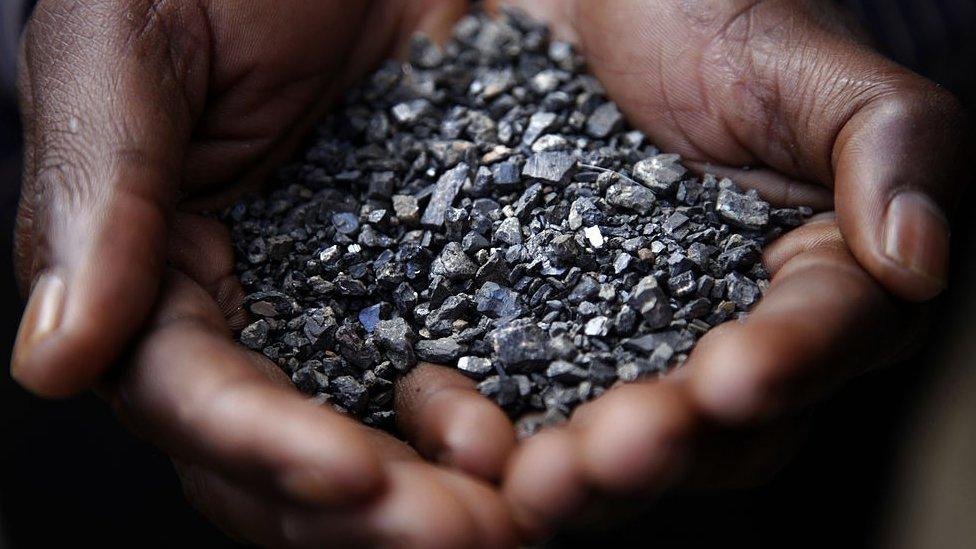A newly released analysis by the International Monetary Fund (IMF) has revealed that countries in sub-Saharan Africa could unlock mineral wealth worth over US$2 trillion by the year 2050, driven largely by the global shift from fossil fuels to renewable energy.
The report highlights growing global demand for critical minerals like copper, cobalt, lithium, and nickel — essential materials used in manufacturing electric vehicles (EVs), solar panels, wind turbines, and battery storage systems.
For a region historically dependent on fossil fuel exports, this represents a major economic pivot. The projected value of these minerals surpasses the estimated US$625 billion expected from fossil fuel revenues over the same period, making the energy transition one of the most promising economic shifts in the continent’s history.
IMF analysts caution that the potential revenue will only be realized if countries go beyond mere extraction. The real value lies in processing raw materials domestically — building refining plants and industrial hubs that can turn ores into finished or semi-finished goods.
“The global energy transition offers Africa an unprecedented chance to industrialize, but that opportunity will be lost if countries export raw ore instead of value-added products,” the report reads.
Also Read; British, Singapore Airlines Cancel Dubai Flights After Strikes
One clear example is bauxite, a mineral used to produce aluminium. While raw bauxite fetches only US$65 per tonne, processed aluminium can earn over US$2,300 per tonne, underlining how value chain development multiplies returns.
Several African nations are not waiting. Zimbabwe, Ghana, Burkina Faso, and the Democratic Republic of the Congo (DRC) have imposed bans on raw mineral exports, mandating local beneficiation and processing to boost job creation and domestic value addition.
The IMF urges regional governments to:
- Prioritize infrastructure development in electricity, roads, and water
- Adopt industrial policies that favour processing industries
- Establish public-private partnerships to attract foreign direct investment
- Promote regional integration through platforms such as the African Continental Free Trade Area (AfCFTA)
Despite the optimism, challenges remain:
- Many countries lack industrial capacity to process minerals
- Policy instability may discourage long-term investors
- Technological advances could reduce reliance on some minerals, such as new battery chemistries that exclude cobalt
- Weak regulatory oversight can lead to environmental damage and corruption
IMF analysts warn that without bold action, Africa could miss out on a once-in-a-generation opportunity to transform itself from a resource exporter to a value-creating industrial hub.
The rising value of green minerals has already drawn global attention. Nations such as China and the United States are investing billions in strategic mineral partnerships with African governments.
This creates both opportunity and urgency. African leaders must negotiate for fair terms, ensure environmental sustainability, and plan for long-term development beyond the mining boom.
If African countries seize this opportunity—not just as miners, but as manufacturers—the benefits could be transformative: stronger economies, greater employment, and real ownership over the future of global energy.
“This is Africa’s chance to move up the value chain and take charge of its destiny,” the report concludes.







